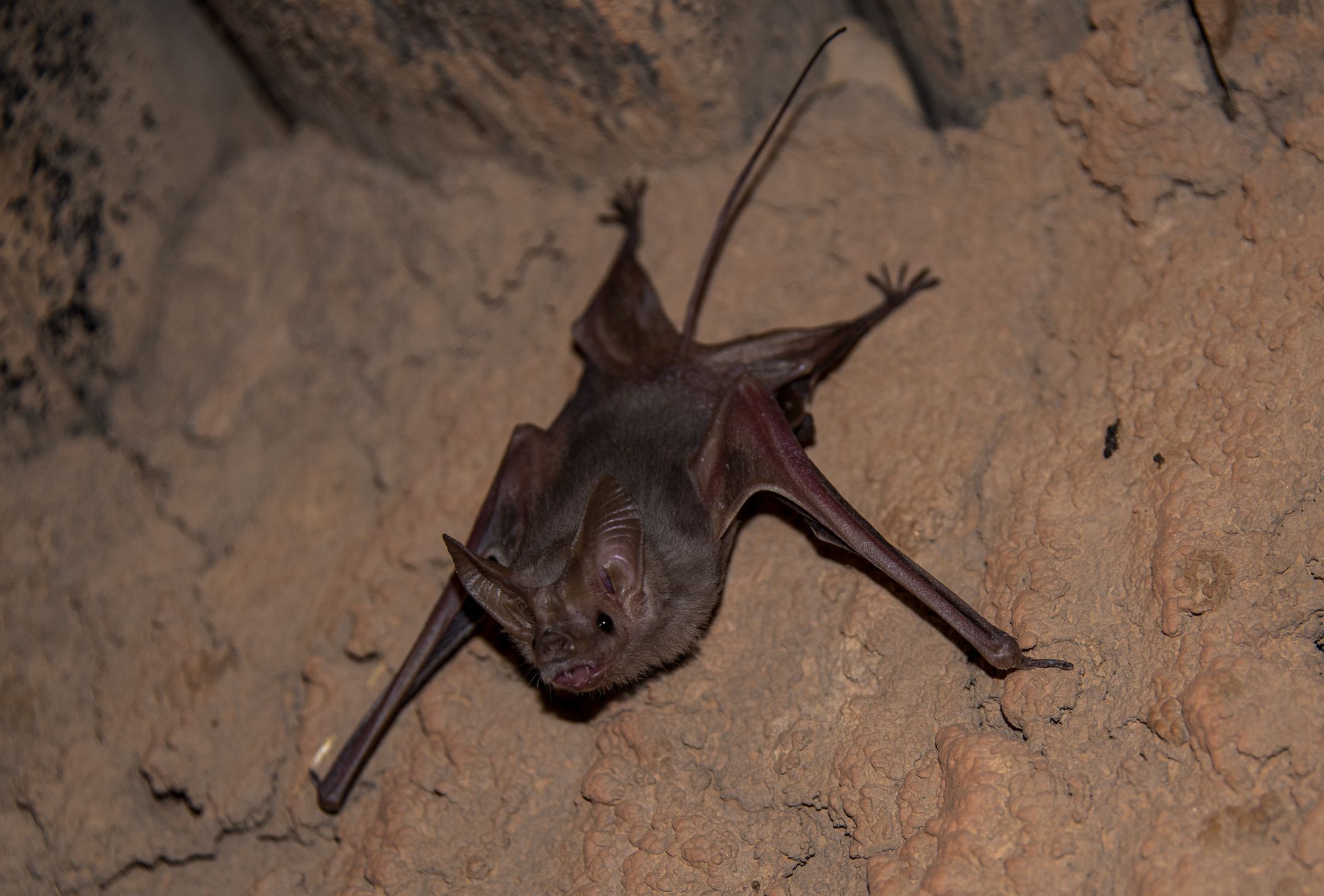
Mexican drug cartels are hindering the work of a group of scientists who are conducting research into the venom of vampire bats, as part of an effort to identify potential new treatments for a host of serious medical problems.
Common vampire bats (Desmodus rotundus)—which are found in Central and South America—feed exclusively on mammalian blood, often that of livestock, such as cattle. When they feed, the bats produce a venom which stops the blood of their victim clotting, enabling it to flow constantly, thus providing more food.
Read more: Elephants could hold the key to new treatments for cancer
While vampire bats are much maligned in popular culture due to their blood-sucking tendencies, an international team led by researchers from the University of Queensland (UQ) Australia, has recently identified a compound known as vCGRP within their venom, which, they say, could revolutionize the treatment of everything from hypertension and heart failure, to kidney diseases and burns.
According to Bryan Fry, one of the researchers from UQ, the compound is a mutated form of the Calcitonin Gene Related Peptide (CGRP) in our bodies—a compound which relaxes blood vessels. Peptides are essentially substances made up of chains of amino acids and linked by amide bonds.
"The peptides from the bats are unusually selective in their mode of action, making them even more therapeutically useful than the CGRP, as they have fewer side effects," Fry said in a statement. "This could potentially help doctors in the treatment of a range of disorders featuring heightened pressure in small blood vessels or may be able to improve blood flow to damaged or transplanted tissue such as skin grafts."
So far, the scientists have been collecting vampire bat specimens—which are crucial to their research—from a site in Mexico. However, the area has recently been overrun by drug traffickers, impeding their fieldwork.
"The site where we were working is basically a warzone now," Fry told Newsweek. "This is of course why people are fleeing across the border to the U.S. For us, it is an inconvenience to have to go somewhere else for our research. For the poor people living there, it is flee or die. When narcos take over an area, they shoot the men and enslave the women as prostitutes. It is so terrible. Mexico is such a beautiful place and the Mexicans are such lovely people."
Previous studies have identified two important anticoagulant compounds in the venom of common vampire bats: toxins called DSPA and the aptly named "Draculin." It's likely that studying the animals will reveal further intriguing compounds, according to Fry.
"This discovery is another example of why it's so important to broadly protect nature, since we can't predict where the next great biologically sourced drug discovery is going to come from," he said. "Venomous animals around the world are under threat, even more so than most other threatened or endangered species, due to deliberate persecution driven by fear or misunderstanding."
This article was updated to include comments from Bryan Fry.
Uncommon Knowledge
Newsweek is committed to challenging conventional wisdom and finding connections in the search for common ground.
Newsweek is committed to challenging conventional wisdom and finding connections in the search for common ground.
About the writer
Aristos is a Newsweek science reporter with the London, U.K., bureau. He reports on science and health topics, including; animal, ... Read more
To read how Newsweek uses AI as a newsroom tool, Click here.








